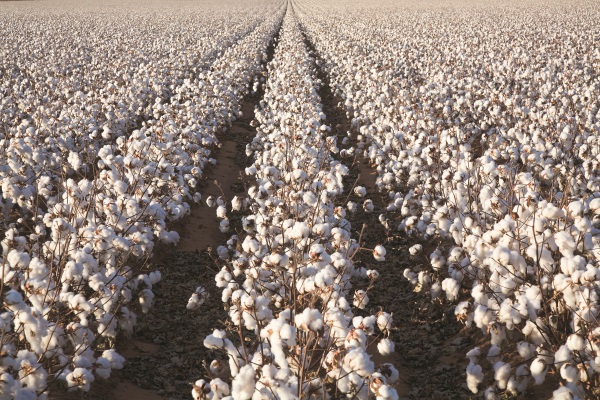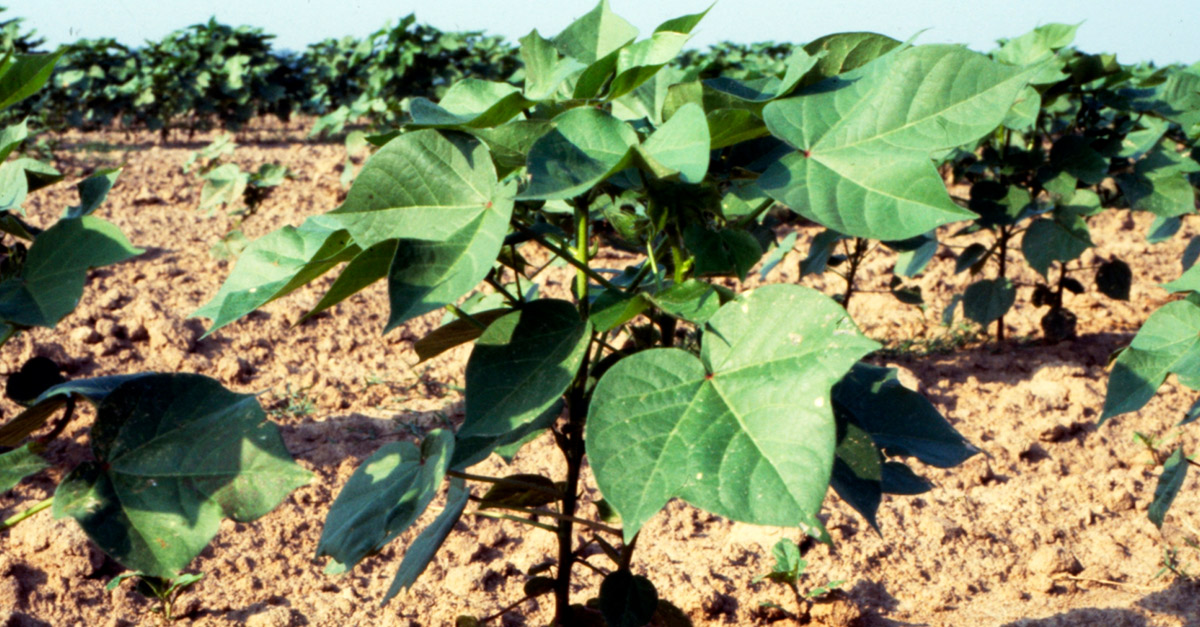Developing “Greener” Blue Jeans
A bioengineering professor at the University of California, Berkeley is using molecular biology to synthesize an important dye used to color denim.
Professor John Dueber of the university’s Department of Bioengineering is evaluating the natural pathway in indigo plants and trying to mimic the dye synthesis in the laboratory. In nature, a precursor called “indican,” which results in the dye, is covered by a sugar coating. When that coating is broken, the coloration occurs.
According to a recent profile on Berkeley’s Bakar Fellows Program, Dueber’s research team has identified the enzyme responsible for the sugar coating in indigo plants and plan to synthesize the dye using bacteria. By inserting the gene responsible for the sugar coat enzyme and using other additional genes, the indigo precursor can be synthesized without using synthetic precursors.
Currently used synthetic raw materials are toxic to aquatic systems and can result in environmental pollution.
Dueber’s research, which is in its very early stages, is supported by a five-year grant from the Bakar Fellowship program.
Blue jeans – co-invented by Levi Strauss and Jacob Davis in 1873 – have been available for more than 140 years. According to Cotton Incorporated, on average, each U.S. consumer owns seven pairs of jeans. Globally, the denim industry is valued at $60 billion.









